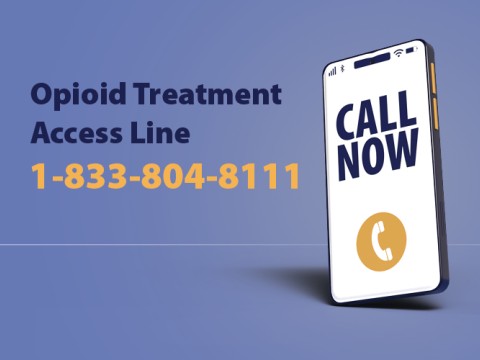BC Psychosis Program
Provides unique, highly specialized inpatient services at UBC Hospital to patients who need treatment for psychosis. Patients are referred to the program when other treatment approaches have been ineffective or partially effective.
The program is a provincial resource funded by BC Mental Health and Substance Use Services and operated by Vancouver Coastal Health. Referrals to the program are completed through each Health Authority.
2255 Wesbrook Mall, Vancouver, BC
Psychiatric Medication Plan
Provides coverage of certain psychiatric medications to individuals of any age who are registered with a mental health services centre and who demonstrate clinical and financial need. Eligible medications are listed in the Psychiatric Medication Plan (Plan G) formulary. Individual patient eligibility is verified by the patient's physician and the local Mental Health and Substance Use Centre, or if the patient is a minor, a Child and Youth Mental Health Centre. Registration is required.
Supportive Housing Registration Service
Provides low-income adults needing subsidized housing with on-site supports, a single point of access to register for supported housing that is funded through BC Housing. Applicants are able to register once, rather than registering with multiple housing providers.
Supportive housing provides a range of on-site, non-clinical supports, such as life-skills training, and connections to primary health care, mental health or substance use services.
Multiple Locations
Online Information and Resources
Provides online information, tools, and strategies to help young people and families find the mental health and substance use support they need. Offers apps, wellness tips, workbooks and self-check, web links, strategies for supporting others, and connections to services online and in the community.
Topic areas include anxiety, body image and eating, drugs and other substances, alcohol, low mood and depression, questioning reality, and stress.
Virtual Primary and Community Care
Provides a range of health services by phone or video call to help residents meet their everyday health care needs in order to stay healthy and prevent illness.
Call the clinic for concerns such as minor injuries and sprains, mild pain, skin rashes and infections, vomiting, diarrhea, asthma or shortness of breath, sore throat, and mental health or substance use support.
The clinic also provides COVID-19 assessments for those experiencing symptoms.
Parent Peer Support
Provides emotional support, information, resources and help in navigating services for parents and caregivers of a child, youth or young adult with a mental health and or substance use challenge. Peer support is provided by parents of children with mental health and or substance use challenges. They share their experiences, ways to cope and provide parents with the supports they need.
Integrated Mobile Crisis Response Team
Provides rapid, mobile, community-based response to children, youth and families who are experiencing immediate concerns related to mental health and substance use issues. The team includes professionals with backgrounds in nursing, law enforcement, child and youth care, social work, and psychology.
Areas of concern include acute depression, dementia, psychosis, mania, suicide risk, acute distress, post traumatic stress, severe anxiety, and aggression or behavioural problems with children.
The Deaf, Hard of Hearing and Deaf-Blind Well-Being Program
Provides mental health services for deaf, hard of hearing and deaf-blind individuals throughout BC. Support includes interpreting, life skills workshops, individual and family counselling, group programs, advocacy, mental health information and resources.
4211 Kingsway, Burnaby, BC
Erase
Provides students, families, and educators with information and resources on online safety, bullying, sexual orientation and gender identify (SOGI), gender-based violence, mental health and well-being, substance use, school safety, and racism.
Its focus is about building safe and caring school communities. This includes empowering students, families, educators and the community partners who support them to get help with challenges, report concerns to schools, and learn about complex issues facing students.
Narcotics Anonymous Meetings
Provides an online listing of local support groups for men and women with addiction who wish to maintain a drug-free lifestyle. Recovering addicts meet regularly to help each other stay clean and share recovery with one another. Closed meetings are for members or for recovering addicts only, while open meetings are available to anyone interested in the program.


